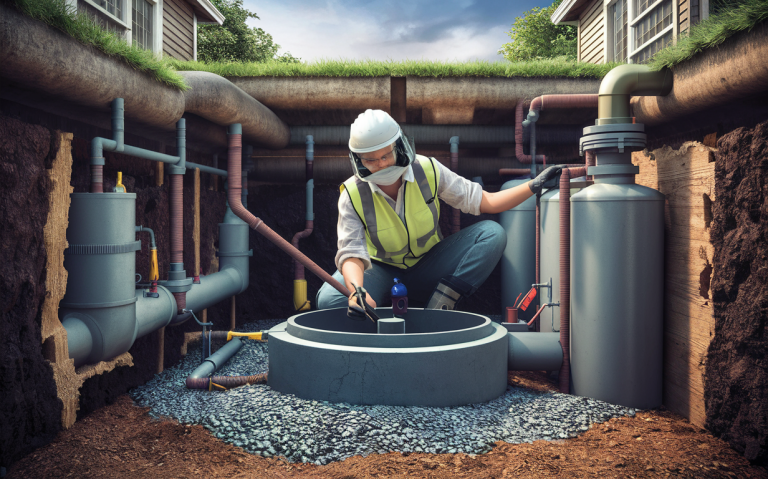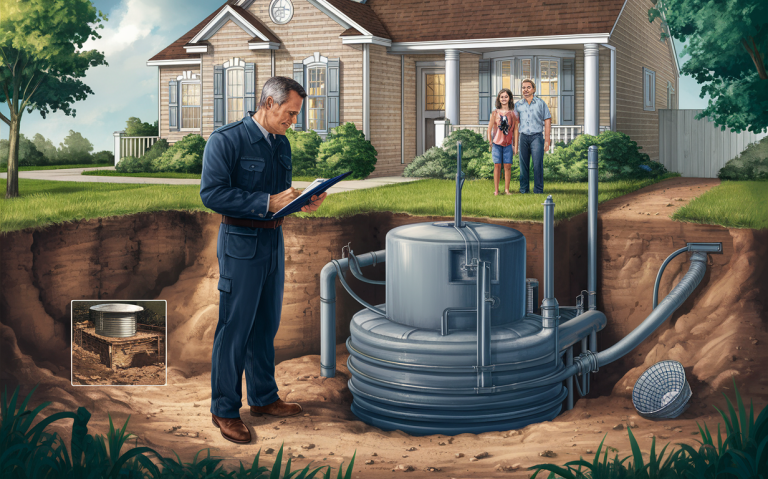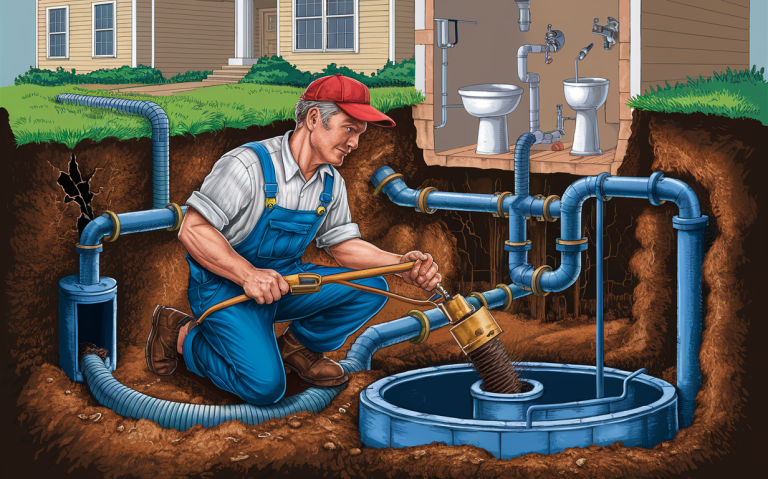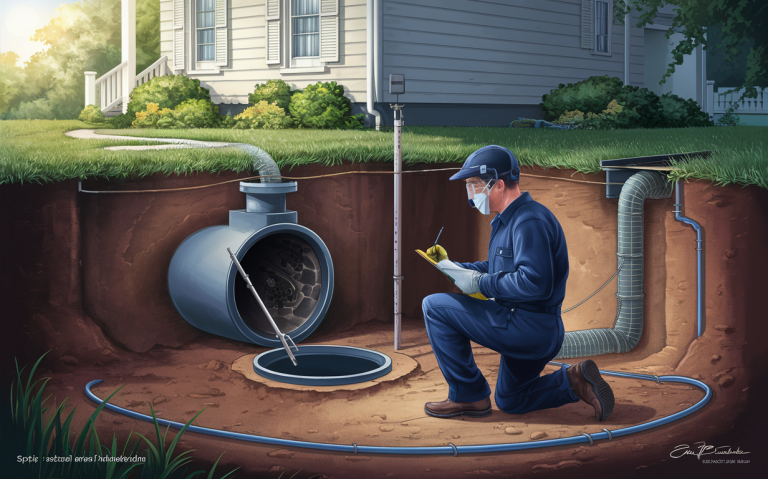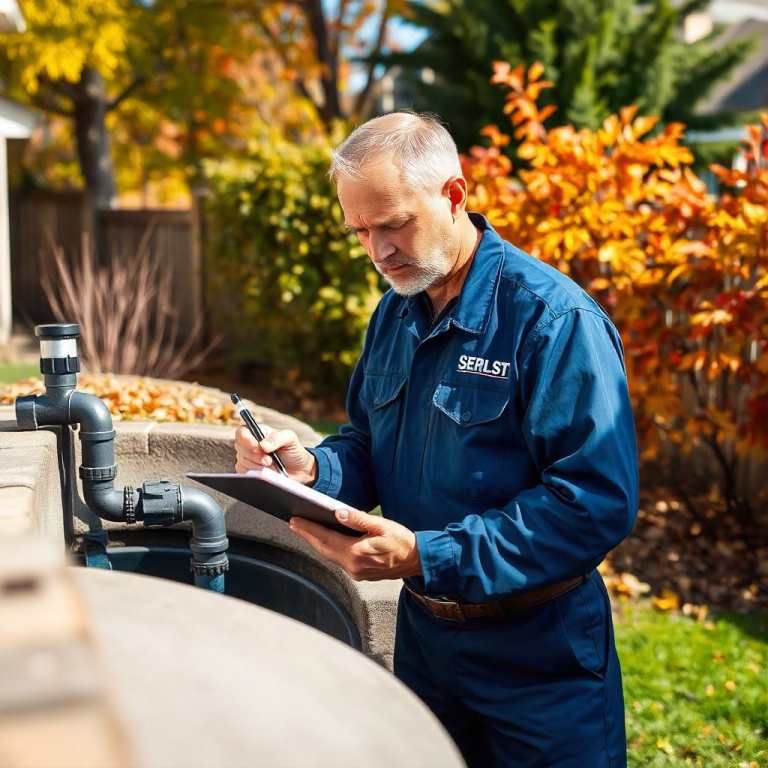Maximize Efficiency: Cleaning and Inspecting the Grease Trap During Pumping
Cleaning and inspecting the grease trap during pumping is crucial for maintaining the efficiency and longevity of your plumbing system. Grease traps, essential in commercial kitchens, prevent fats, oils, and grease (FOG) from entering the sewer system, which can lead to clogs and other costly issues. Regular maintenance ensures smooth operations and compliance with health…



